Why did you choose to do altitude training?
I’d seen the results from friends who’d been using the Altitude Centre over the previous year, and had heard great things. So when I signed up for my first race back (a 70.3) since having my daughter, it was a no-brainer. I hadn’t swum or biked in a while, and I managed to fracture my foot the week I was due to start my training programme, so I figured I could use all the help I could get!
What do you like about it?
Training during a very cold, wet and windy NZ winter is never much fun, so having the option to replace 2 of my outdoor sessions with 2 nice, warm and dry Altitude sessions was absolute bliss. It is also much safer than trying to ride on Auckland’s streets during the day (getting up at 5am is no longer an option). Additionally, being a new mum, my ‘spare’ time was (and still is) very limited, the Altitude is a really great use of an hour – I honestly felt like I’d done 2-3 hours afterwards.
What method (passive or active) did you choose to use and why?
I chose the active method - using the watt bike. It was the most productive use of my time; I was even able to do a quick run off the bike once my foot healed which was a fantastic little session.
How has it impacted your training, racing or health?
The biggest impact that the Altitude training had on me was somewhat unexpected. As long as I can remember I’ve had exercise induced Asthma, it’s always been there as an annoying cough if I swam/biked/ran too fast, and in recent years (after a huge flu) I developed full blown asthma. I got a huge shock while racing overseas and had an asthma attack. On return my doctor put me on the Seretide Inhaler (a steroid inhaler) after I blew 200 on the peak flow meter in her clinic, and I couldn’t think of training without my Ventolin (blue puffer) in my back pocket too.
I went off the inhalers mainly while having my daughter, the steroid based one caused me to have constant laryngitis and I figured I’d just get back onto it when I started back into training. I didn’t have to. After a block of 12 Altitude sessions and a check up with the doctor I now have “squeaky clean” lungs. No more asthma. No more medication. I am thrilled! I now blow 400-450 on my peak flow meter when healthy, which is within the normal range for my age, height etc.
Besides getting rid of my asthma, the Altitude taught me how to breathe properly. When you’re in there with the mask on you have to breathe in and out correctly and deeply, you are basically exercising your lungs and your entire diaphragm at the same time as cycling or running, whatever option you choose. I definitely noticed that I no longer had to ‘suck in the big ones’ and during races you really notice that most other people are breathing very heavily while you skip on past.
I also noticed that after training I recovered better, I was tired still (I’m a mum) but able to back up big sessions without that huge fatigue you sometimes get after big sessions.
Was there anything that surprised you that maybe you were not expecting to come from the sessions you did?
My ability to hold good speeds for a long time. I’d always been a go out quick and explode type, but after the Altitude my endurance was fantastic. So after 4 months of training, mostly with a fractured foot and with very broken sleep patterns (thanks bubs), I wasn’t expecting great things at my first race back, and to top it off I couldn’t take any supplements as I was still feeding my baby. I didn’t win or even podium, but was top 10 in a competitive field and my overall time was only 2min off my PB. I absolutely credit this to the Altitude sessions, even after a solid block of training previously; I’d always be running out of gas and weakening towards the end of a race with, even with all the supplements I could stomach.
I will definitely be including Altitude sessions in my general health and fitness regime, the long term health benefits have been amazing for me.

